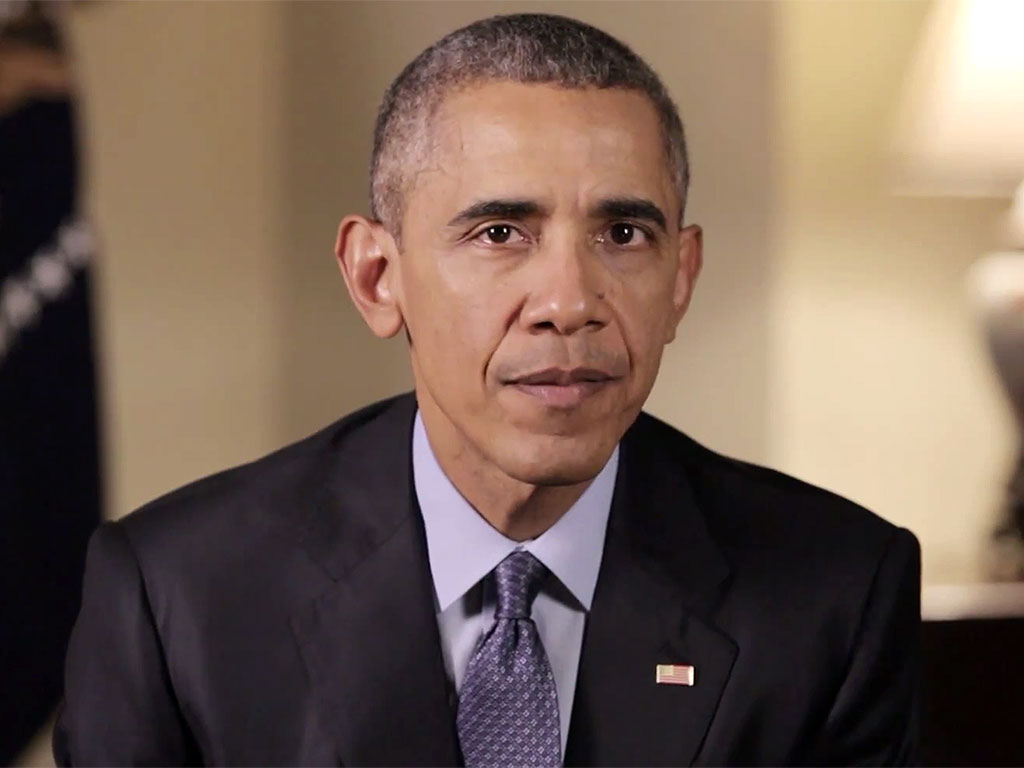Shamsa Ashfaq
The relations between Pakistan and USA have always been shrouded in ambiguity and mistrust. It is also true that Pakistan relied too much on US but tangibly speaking it accrued very little in return. The only moment of triumph in Pak-US relations came during Soviet invasion of Afghanistan when US needed a client state to fight their war and found Pakistan a willing partner. However, immediately after Russian defeat in Afghanistan, Pressler Amendment brought the reality of Pak-US relationship out in the open. Since then the most significant incident that took place was the terror attacks of September 11, which not only changed the course of the world order but also plagued the future of Pakistan. The then US President George W Bush declared a global war against terror to punish the perpetrators of 9/11 and forced Pakistan to play its role as US’ front line ally in this war. Pakistan joined this global war of US against terrorism and became itself the recurrent victim of terrorism. Despite being both major partner and sufferer in this decade long war on terror Pakistan is still eyed with suspicion and mistrust by quite a few in the foreign media and the US administration.
Recent in line is the claim of Gen John Nicholson, Commander of US and NATO forces in Afghanistan that Haqqani network by using Pakistan as a safe haven, keeps on posing the greatest threat to Americans, their coalition partners and the Afghans. Similarly, Congressman Ted Poe, Chairman House of Foreign Affairs Subcommittee, said in a statement that Pakistan does not deserve a single dollar of American taxpayer’s money as it has done little to go after Haqqani network despite taking some 33 billion US dollars since 9/11 for the very purpose. Contrary to this, the annual report of the State Bank of Pakistan clearly shows that US’ war on terror has cost Pakistan a whopping $118.3 billion in direct and indirect losses from 2002 to 2016; an amount equivalent to well over one third of its gross domestic product. According to economic survey 2015-16, Pakistan’s economy suffered a total loss of $14.80 billion in two years i.e. 2014-15 and 2015-16. According to an estimate, from 2003 till December 2016, Pakistan has killed 33343 terrorists and lost 6663 of its security forces personnel besides 21489 civilians. In addition to huge economic losses, cross border terrorism in Pakistan has also been responsible for untold human sufferings due to indiscriminate, brutal terrorist attacks against civilian population.
Having said that, by now there should have been an end to the cavalcade of skeptical rumors and speculative punditry from media across the miles and the US administration but nothing of the sort happened. Instead Pakistan is often bombarded with accusations and threats by US in case Pakistan does not ‘comply’ with the US’ interests. In doing so, foreign media and the US administration forget that Pakistan has paid dearly for the “war on terror”. Not just the US but the world at large must stop trivializing Pakistan’s sacrifices besides constantly questioning its sincerity towards the cause of eradicating terrorism. Pakistan has been fighting for the world peace and stability as a US ally for more than a decade now. Employment of largest contingent of forces by a single country i.e. Pakistan, enduring great sacrifices in terms of losses of precious lives, resources and infrastructure has no parallels. Even the major victories against Al-Qaeda have been made possible only due to Pakistani intelligence agency’s cooperation. In the wake of these realties, supposedly Pakistan should have been compensated in all possible ways but instead it continued to be pressed upon ‘to do more’ without realizing the damage this attitude can inflict upon the regional and international efforts to eliminate terrorism and bring stability to the region. Pentagon’s latest assessment that the Haqqani network was freely operating from Pakistan is nothing more than a rhetoric. The US, instead, must pressurize Kabul by making most of its presence in Afghanistan to play its part in fighting the menace of terrorism because instability in Afghanistan continues to create space for most of the terrorist organizations including Haqqanis to hide, plan and execute from there. Not only this, militants hiding in Afghanistan also get support from foreign elements to carry out attacks against Pakistan which is also overlooked by the pentagon by and large. May be owing to convergence of interests???
If the US were to fall in with hostile designs of Pakistan’s regional enemies, it would invariably lead to the expansion of terrorism and violence far beyond the regional boundaries. Ganging up on Pakistan by responding to the ambitions of regional associates is a direction fraught with danger. The US’ bilateral relationship with Pakistan must be robust enough to withstand all foreseeable shocks and candid enough to bring their divergence to the table—with no one else there. Future relationships, in all fields, could be secured only if there existed an enduring trust and close cooperation between the two countries.



